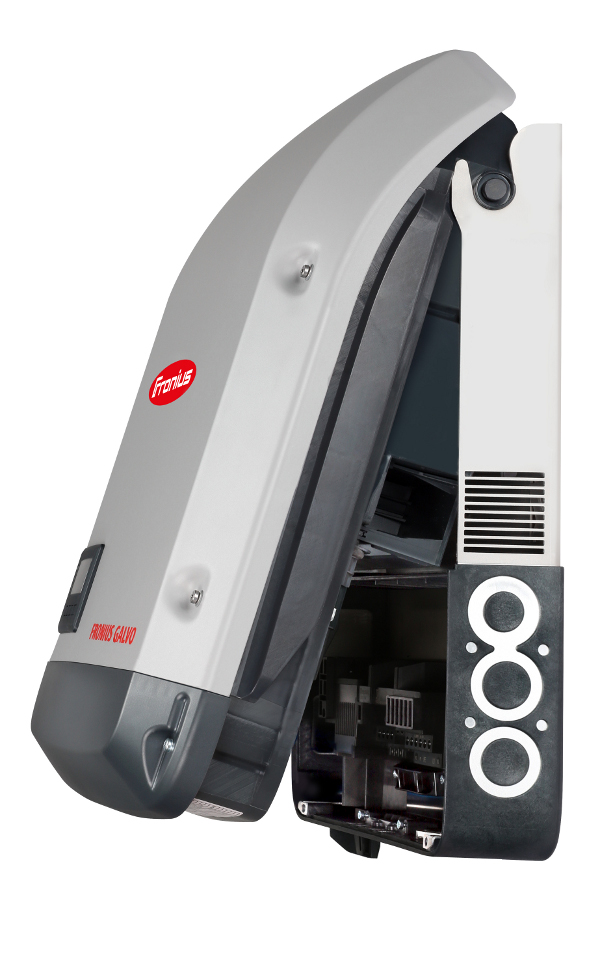How to Choose an Inverter
January 20, 2014
Advice from Paul DeKleermaeker, solar sales representative for Southern California for Fronius USA
There are many details to consider when choosing an inverter for a project. Paul DeKleermaeker, solar sales representative for Southern California for Fronius USA, says the decision goes beyond basic technology and data specs. He says the top concerns should be: bankability, availability, warranty, communication, expandability, serviceability and advanced grid capabilities.
 Bankability – Is the inverter manufacturer bankable? Does it have a strong history in the industry? Is the company profitable?
Bankability – Is the inverter manufacturer bankable? Does it have a strong history in the industry? Is the company profitable?- Availability – What is your project’s time schedule? Do you need the inverters tomorrow or in six months? Can the inverter manufacturer meet your time needs?
- Warranty – Most inverter warranties range from five to 10 years in length. What do you deem necessary?
- Communication – Does the inverter provide monitoring options? For a residential installation, most homeowners expect to be able to see how their solar array is performing through a computer or smartphone. Communication has nothing to do with energy production, but it’s a real value-added option.
“Although communication seems like an afterthought and non-critical, for many installers it ends up being the biggest service issue they have,” DeKleermaeker says. “They know how to install the inverter, but many times installing the communication ends up taking so much time and expense. As the installer, make sure the inverter manufacturer offers the communication, it’s priced reasonably well and it’s simple and easy to install and support.” - Expandability – Will the inverter meet future needs? For example, if in five years WiFi becomes obsolete but your solar system has another 25 years left on its lifespan, even after upgrading your internal internet, do you need to buy a new inverter? Does the inverter have the capability for future expansion?
- Serviceability – Is there a proven infrastructure in place that will get your inverter fixed in an acceptable time frame? Will your inverter have the ability to be serviced to be compatible with future technologies?
- Grid-integration – Once more utilities accept advanced grid capabilities from inverters, will yours be ready? Will your inverter have smart-grid functions?
“Even though the utility doesn’t require it today, most industry analysts believe that when the utility will have the ability to integrate inverters, the system owner of that inverter has the potential to receive significant monetary reimbursement for those capabilities,” like volt-ampere reactive (VAR) control, low-voltage ride through (LVRT) and active and reactive power control, DeKleermaeker says. “If I am buying a system today, I should be aware of these capabilities and trying to select technologies that enable the system owner the option to gain revenue streams should this feature become offered by the utility.”





Comments are closed here.